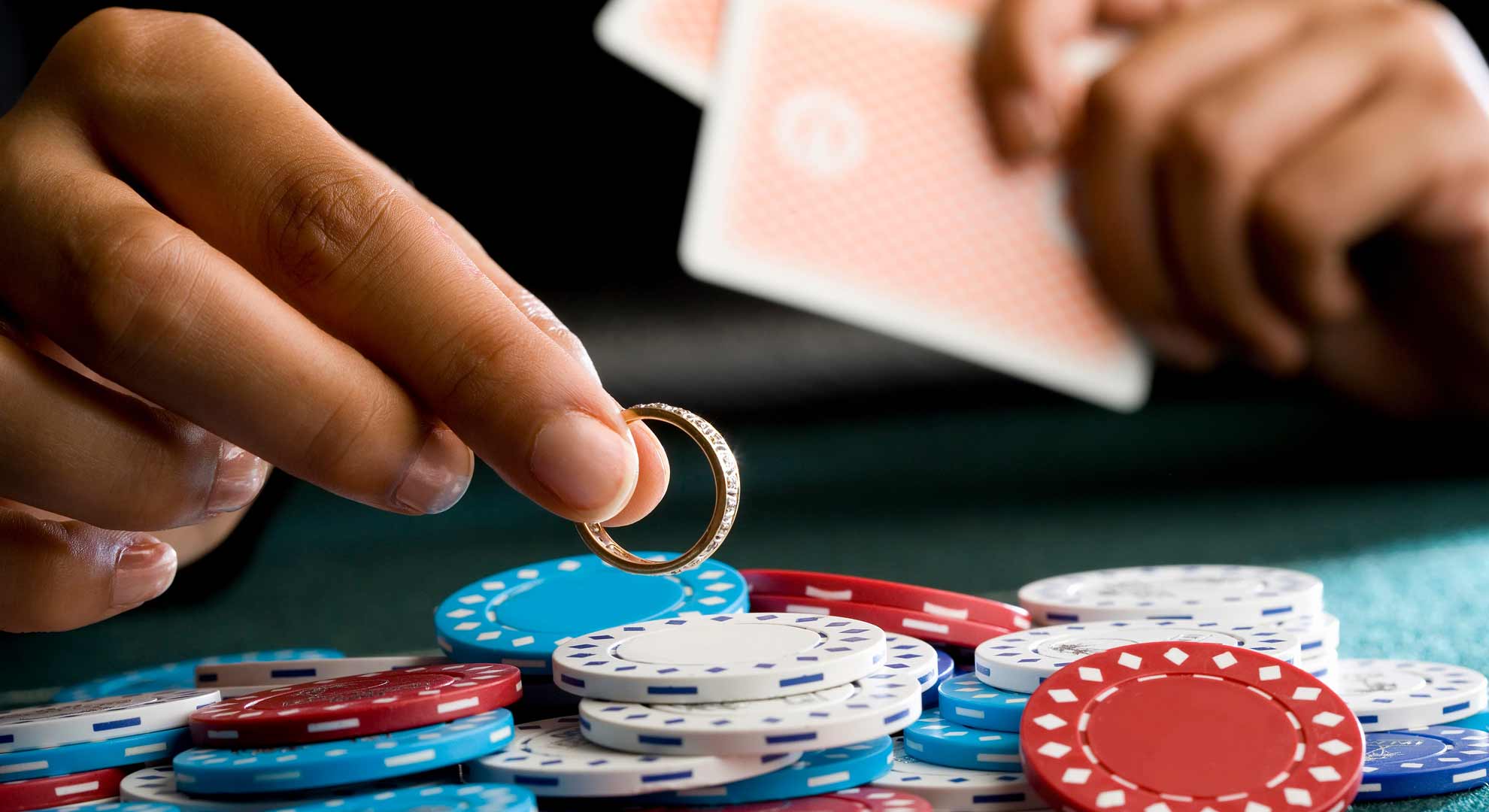The Dark Psychology of Slots
```htmlThe Dark Psychology of Slots
The flashing lights, the alluring sounds, the promise of instant riches – slot machines have captivated players for over a century. But behind the glitz and glamour lies a complex interplay of psychological principles, meticulously designed to keep players engaged and, ultimately, playing for longer. This article delves into the dark psychology of slots, exploring the techniques used to exploit the human brain and turn a game of chance into a powerful addiction.
At the heart of the slot machine's allure is the concept of variable ratio reinforcement. This is a principle of operant conditioning, meaning that rewards are given randomly, on a variable schedule. In the context of slots, this means wins occur at unpredictable intervals. Sometimes you'll hit a jackpot quickly, other times you'll experience a long losing streak. This unpredictability is key. It keeps players in a state of anticipation, constantly chasing the next win, even if the odds are stacked against them.
The visual and auditory stimulation also plays a significant role. The bright lights and dynamic animations create a sensory overload, making the experience exciting and immersive. Winning sounds, such as celebratory chimes and cascading coins, trigger the brain's reward centers, reinforcing the behavior of playing. Even near misses – where the symbols almost line up to produce a win – can be psychologically powerful. They create a false sense of control and the illusion that a win is just around the corner, further encouraging continued play.
Another crucial element is the concept of "loss disguised as win." Many slot machines are programmed to pay out small amounts, often less than the original bet, while displaying a celebratory animation and sound effects. While technically a loss, the presentation tricks the brain into perceiving it as a win. This reinforces the behavior, making players feel like they are getting closer to a real payout, despite being down overall.
The design of the machines themselves is also meticulously crafted to maximize engagement. Features like "skill-based bonuses" or interactive mini-games within the slots create a sense of control, even though the outcome is still ultimately determined by chance. This feeling of agency further enhances the player's involvement, leading them to spend more time and money. The use of auto-play and fast-paced spins also contributes to this effect, minimizing downtime and keeping players in a constant state of action.
Furthermore, the social environment of casinos contributes to the addictive nature of slots. The anonymity and accessibility of slot machines allow players to gamble without direct social judgment. The readily available alcohol in many casinos can also impair judgment and increase risk-taking behavior. Moreover, the environment itself is designed to be disorienting, with a lack of clocks and windows, which can warp the perception of time and encourage longer playing sessions.
The psychology of slots extends to how the games are marketed. Advertising often focuses on the potential for big wins, highlighting lucky winners and emphasizing the excitement and thrill of playing. The use of psychological tactics such as framing (e.g., "You could win millions!") and emotional appeals (e.g., portraying gambling as a source of escape or entertainment) further entices players.
Recognizing the dark psychology behind slots is the first step towards responsible gambling. Understanding how these machines exploit our cognitive biases and reward systems can help players make informed decisions and avoid developing problematic gambling habits. If you're interested in exploring the world of slots, remember to approach it with caution. Set strict limits on your spending and time, and be aware of the inherent risks. Remember that the house always has an edge. Explore options such as slot m88, but always gamble responsibly.
It's important to remember that gambling should be viewed as a form of entertainment, not a way to make money. If you find yourself struggling with a gambling addiction, seek help from a professional or support group. Resources are available to help you regain control and develop healthier habits.
```tag: M88,



